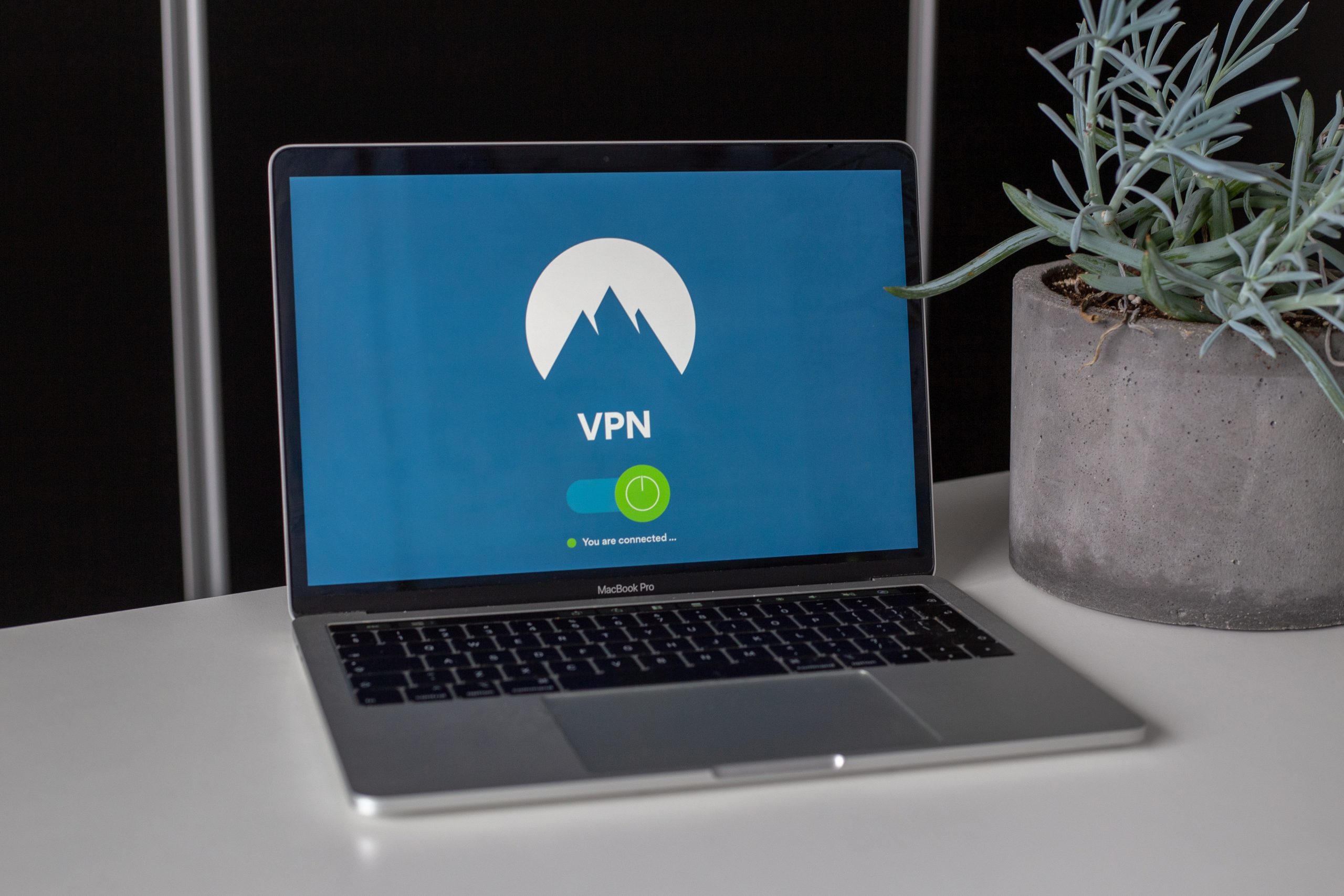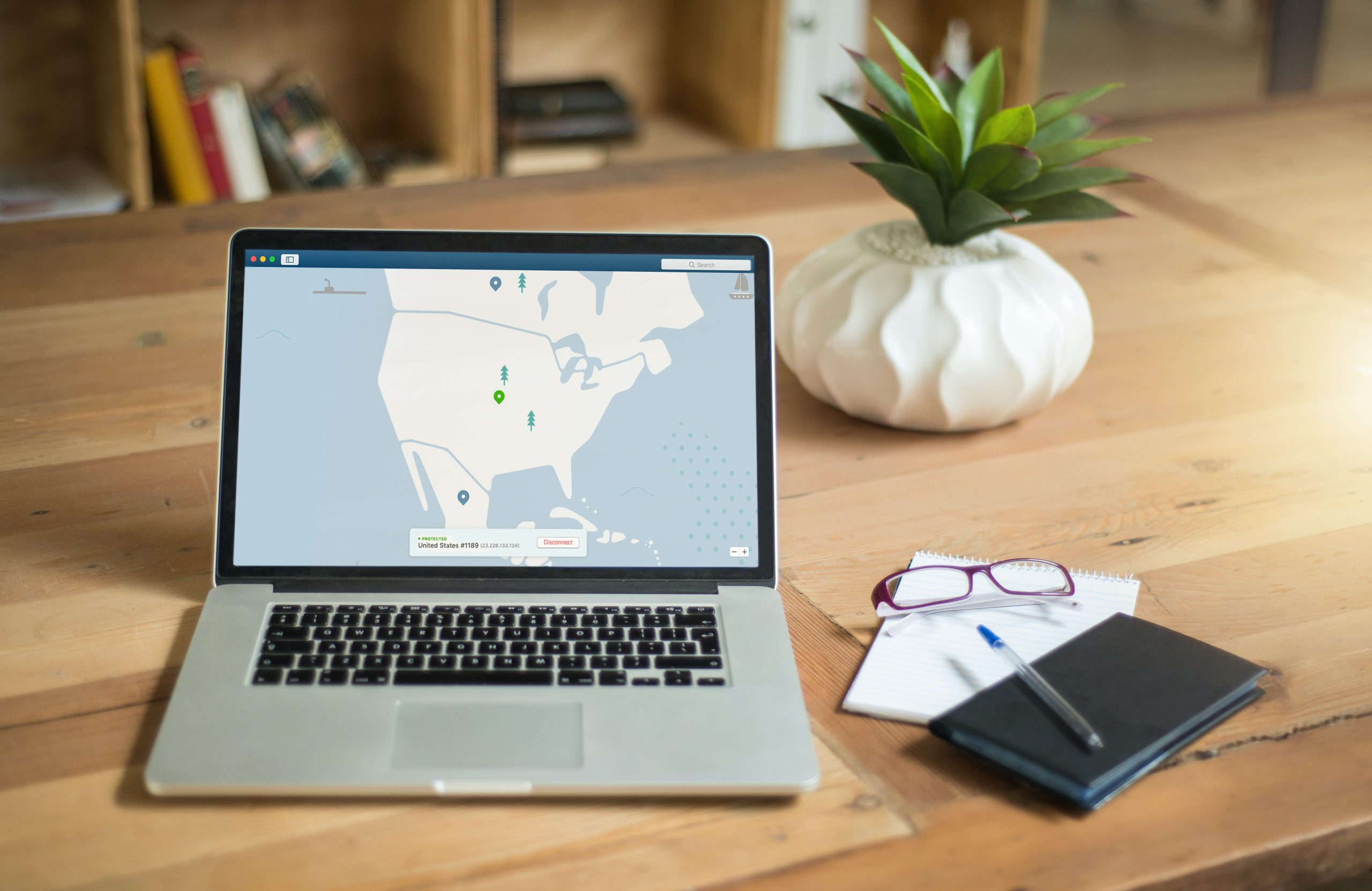Does a VPN Make You Anonymous?
The internet is a vast and often anonymous space, which presents both advantages and disadvantages. Over the years, various tools have been developed to help users protect their identity, security, and privacy while they are online. One of these tools is the virtual private network (VPN). In this article, we will explore the question: does a VPN make you anonymous? We will look at how a VPN works, its capabilities and limitations, and how it can be used to protect your online privacy.

What is a VPN
A Virtual Private Network (VPN) is an online service that allows users to access the internet without being tracked by their ISP or other unauthorized entities. By allowing users to remain anonymous, a VPN can give them increased security and privacy while browsing the web. A VPN tunnel is created when a user connects to the internet through a certain IP address. This tunnel acts as a secure connection between the user’s device and the server they are connecting to, as all data sent over this tunnel is encrypted.
As well, any requests made by the user will appear to be coming from their chosen IP address rather than their own. This helps protect against potential security risks such as hackers trying to gain access to sensitive information or websites blocking content due to geographical restrictions. Additionally, it can help prevent ISPs from collecting information on users’ browsing habits and activity while connected to their network.
How it Hides Your Identity
One of the most important advantages of using a VPN (Virtual Private Network) is that it can effectively hide your online identity. By masking your IP address and encrypting your data, a VPN creates an anonymous browsing experience that keeps you safe from potential cyber threats. With a reliable VPN service, you can rest easy knowing that all of your web traffic is kept secure and away from prying eyes. Not only does a VPN hide your identity, but it can also help protect you from hackers, phishing scams, and malicious websites. By routing all of your internet traffic through its secure servers, a good VPN can shield you from malicious actors who are looking to steal sensitive information or interfere with your browsing session.
Types of VPNs
A Virtual Private Network (VPN) is a service that allows users to securely access their data and keep their activities private. VPNs are popular for both personal and business use, as they provide an extra layer of security when connecting to the internet from anywhere in the world. There are several different types of VPNs available, each with its unique features and benefits. The most common type is a remote-access VPN, which provides users with secure connections to other networks or devices over the internet. This type of VPN is especially useful for remote workers or those who need to access information stored on another computer while traveling or working outside of their office. Additionally, it can also be used by businesses to allow employees access to internal networks while keeping sensitive data safe from hackers.
Benefits of Using a VPN
Using a Virtual Private Network (VPN) can provide several benefits to individuals, businesses, and organizations. A VPN is a type of secure network connection that uses encryption technology to protect data sent over the internet. It also provides an added layer of security for online activities, such as online banking, shopping, and web browsing. Here are some of the main advantages of using a VPN: First and foremost, VPNs protect your privacy by hiding your IP address from websites you visit or services you use. This helps prevent third parties from tracking your online activity and collecting valuable data about you. Additionally, using a VPN allows you to access websites that may be blocked in your region due to geographical restrictions or censorship laws. It also encrypts your data so it’s safe from hackers when accessing public Wi-Fi networks with sensitive information such as passwords or credit card details.
A VPN will not make you completely anonymous online – however, it can provide you with a certain level of privacy and security. By encrypting your data and routing it through a secure server, a VPN can help keep your personal information safe and protect you from various cyber threats. Additionally, using a VPN can help you access geo-restricted content, bypass censorship, and maintain your digital privacy. While the technology is not perfect, adding this extra layer of protection to your online activities is still wise.








